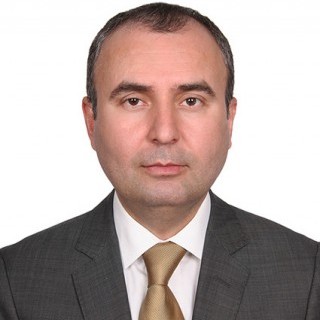Key events in EMEA next week
Next week, Turkey's central bank is expected to increase the policy rate to 30%. Meanwhile, a number of data points will be released in Poland, with deflation expected to deepen despite some rebound in global oil prices
Turkey: Monetary policy expected to tighten further
We're expecting Turkey's central bank to make another strong move next week by hiking the policy rate to 30% (up from 25% currently).
This follows a surprisingly big hike in August which was on the back of a further deterioration in the inflation outlook and signals from President Erdogan of support for tight monetary policy and disinflation in 2024.
Poland: Deflation is expected to deepen
Industrial output (August): -2.5% year-on-year
Even though we have been waiting for some signs of stability in the industrial sector, the data flow does not give much ground for optimism. External orders remain subdued as German manufacturing is underperforming. On top of that, recent PMI reports point to a deterioration in domestic orders as well. We expect annual declines in industrial output to continue in the coming months.
PPI (August): -3.5% YoY
Deflation is expected to deepen despite some rebound in global oil prices. Given the statistical base and recent developments, we expect PPI deflation to prevail for the next two or three quarters. The lack of a rebound in manufacturing is not helping either. Developments in PPI support CPI disinflation in the short term.
Wages (August): 11.8% YoY
The scale of bonuses in July this year turned out to be visibly lower than in July 2022, which pushed average wage growth down to 10.4%YoY on a high reference base, but the underlying trend remains unchanged. Therefore we forecast that wage growth in the enterprise sector will bounce back towards 12%YoY again. We project double-digit growth in average wages in 2023 and 2024, which poses a challenge to the CPI return to the target over the medium term.
Employment (August): 0.1% YoY
Nothing new on the employment front. Employment levels have stalled in recent months and annual growth is close to neutral. Demand for labour has eased amid subdued economic activity, especially in manufacturing. At the same time, businesses are reluctant to lay off workers (labour hoarding) as re-hiring is difficult amid shortages of labour. Supply-side factors (a shrinking working-age population, for instance) are a drag to employment developments.
Retail sales (August): -4.1% YoY
Despite the ongoing improvement in the real disposable income of households, consumers are still reluctant to spend. Consumer confidence has been improving for some time so consumption is set to bounce back, but the recovery is being delayed. We foresee improvement in consumer spending in late 2023 and in 2024.
Key events in EMEA next week

This publication has been prepared by ING solely for information purposes irrespective of a particular user's means, financial situation or investment objectives. The information does not constitute investment recommendation, and nor is it investment, legal or tax advice or an offer or solicitation to purchase or sell any financial instrument. Read more
Download
Download article
15 September 2023
Our view on next week’s key events This bundle contains 3 Articles
